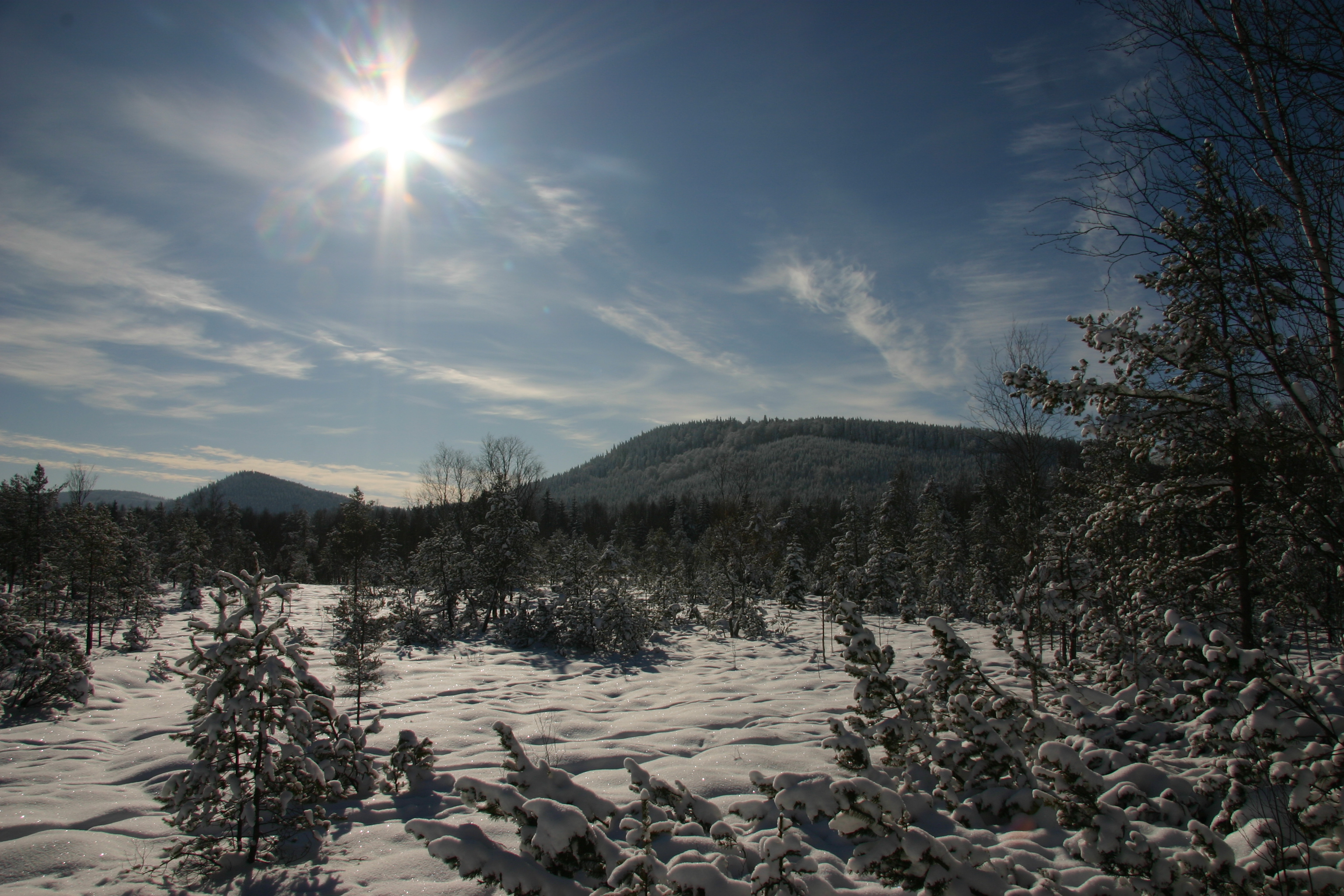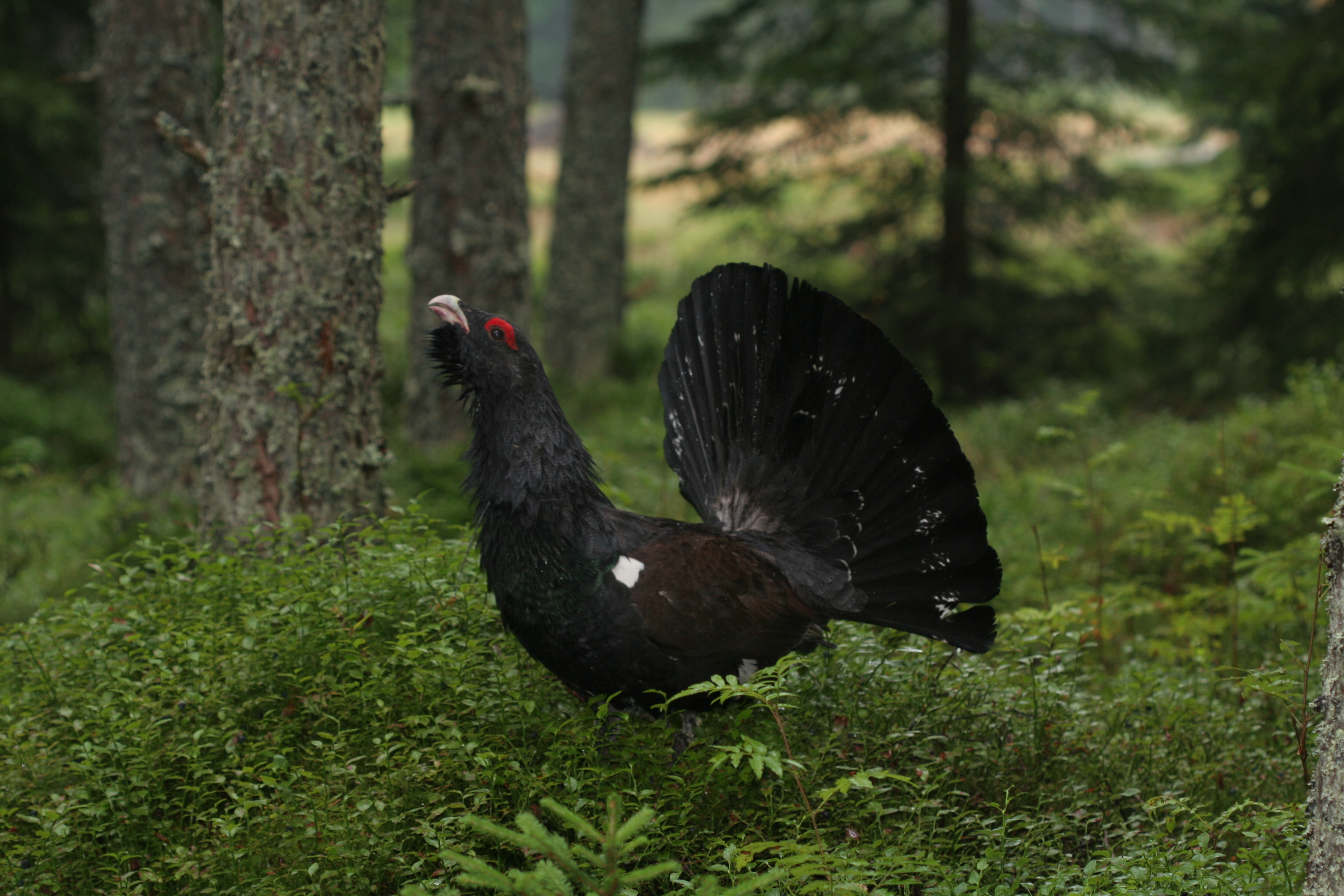Invasive Alien Species: EU launches updated list
The EU Environment has just launched a new brochure about Invasive Alien Species, explaining the origin, spread, impacts & measures for the 49 listed species.
Invasive alien species can easily spread across borders. This is why the EU has adopted a law – the IAS Regulation – to tackle the problem in a coordinated, joint effort across all Member States. The IAS Regulation is fairly young: it entered into force in January 2015. It also implements the EU Biodiversity Strategy to 2020 which sets a specific target to combat the threat of invasive alien species in order to halt the loss of biodiversity and ecosystem services. Download the brochure here
CAP Consultation: results presented in Brussels
The Future of the CAP (Common Agricultural Policy) was the main topic of discussion on 7th July, in the European Commission. At the “CAP have your say“, the results of the 3-months public consultation to the CAP were introduced and the first debate was opened.
The results of both the consultation and the on-the-ground analysis will feed into a Communication on modernising and simplifying the CAP to be published by the Commission later in 2017, which will drive the political debate towards the CAP reform post 2020.
All presentations are now available on the European Commission’s website.
According to the CAP consultation’s results, its is consensual that a Common Policy for Agriculture is still needed, but is clear that CAP is not addressing the environmental challenges. Hence, several NGOs joined the Living Land Campaign to call for a reformed CAP that must be:
- Fair – for farmers and rural communities.
- Environmentally Sustainable – for clean air and water, healthy soil, and thriving plant and animal life.
- Healthy – for good food and the well-being of all people.
- Globally Responsible – for the planet’s climate and sustainable development around the world.
EUROPARC, along with the French Regional Nature Parks and EUROPARC Germany supported the Living Land Campaign, which joined over 250.000 citizens. Environmental challenges, requirements and priorities were indeed part of the debate in the “CAP have your say event”. Moreover, EUROPARC highlighted near the European Commission, best practices from members and experts, especially due to the work of the Sustainable Agriculture Commission.
Save the Date: 10th Charter Network Meeting
9th Charter Network meeting in Vila Nova da Cerveira, Portugal, 2015 - photo by Vitor Sousa
The Charter network meeting is the gathering of Sustainable Destinations awarded with the European Charter for Sustainable Tourism in Protected Areas and is organised every 2 years.
Federparchi – EUROPARC Italy and the Gran Sasso e Monti della Laga National Park will host the 10th Charter Network Meeting, between the 25-28th October.
Following the UN International Year of Sustainable Tourism for Development, and last year’s earthquakes that devastated this Italian Region, the topic of this year will be “Charter for Sustainable Tourism: Working to support recovery and renewal”.

We will honour the local population and businesses, recovering their homes and businesses towards a sustainable destination. We will learn of the new steps in the life of the Charter across Europe, and show how it can work as a support for the renaissance of marginalised and devastated areas.
EUROPARC invites all members and professionals with an interest in the Charter for Sustainable Tourism in Protected Areas to join us in this important meeting. The event will take place in Isola del Gran Sasso.
More information will be shared soon.
Mountain forest management in Natura 2000 sites: networking seminar – Save the date!
Boubin primeval forest - Šumava Landscape Protected Area, Czech Republic - photo V. Hošek
Networking Seminar: Mountain Forest Habitats in the Continental Region
7-9 November 2017, Sumava National Park (CZ)
EUROPARC, in cooperation with Šumava National Park (CZ), and with the support of EUROPARC Central Eastern Europe Section, is organising a Networking Seminar to address issues related to the management of Mountain Forest Habitats in the Continental Region. The two days seminar, addressed to managers, experts and authorities with responsibilities for site management, will give the opportunity to exchange practical experience in management of mountain forests as part of Natura 2000 sites.
New scientific findings will be presented, contributing to improve the understanding of natural processes in mountain forests in the Continental region and there will be opportunity for participants to present and share their case studies.
This networking event brings forward the discussion started in the course of the Continental Biogeographical Seminar, which took place in Luxembourg in June 2015. More information on the program and details for registrations will be soon available.
Download the draft programme

The Chalupská moor near Borová , Sumava National Park, Czech Republic – photo by Hana Rosenkranzová
Mountain Forest Habitats
In the course of recent years, the management of mountain forest habitat types has become a more challenging priority for managing authorities at European level. In particular, in the Continental region, managers are being confronted with several issues, mainly related to bark beetle infestations, water regime maintenance, and restoration and, in many cases, also the need to plan and structure cross border cooperation regimes. In addition, considering that significant parts of mountain areas are also designated by national legislation for the protection of natural processes, this adds more complexities for harmonizing plans, setting conservation objectives and for the implementation of conservation measures.
The long lasting experience of the Sumava National Park in the management of Mountain forest, together with the fruitful cross-border cooperation established with the Bavarian Forest National Park, will offer an important baseline for a constructive learning exchange among participants. During the course of the seminar case studies will be presented focusing on restoration of water regime, bark beetle management, nature based forest management and impact of those measures on Natura 2000 sites and their targets. A site visit to the Bohemian forest will contribute to maintain a strong connection between theory and practice for the effective management of mountain forest habitats.

The western capercaillie (Tetrao urogallus) is seriously threatened by habitat degradation, particularly conversion of diverse native forest into often single-species timber plantations. However, there is a stable population living in the Sumava National Park (CZ) representing one of the few larger Capercaillie populations residing in medium altitude mountains in central Europe. Photo by Marek Drha, Sumava National Park (CZ)
Due to logistics restrictions, the Seminar will be open for a maximum of 40 participants. Registrations and full programme will be soon announced.
